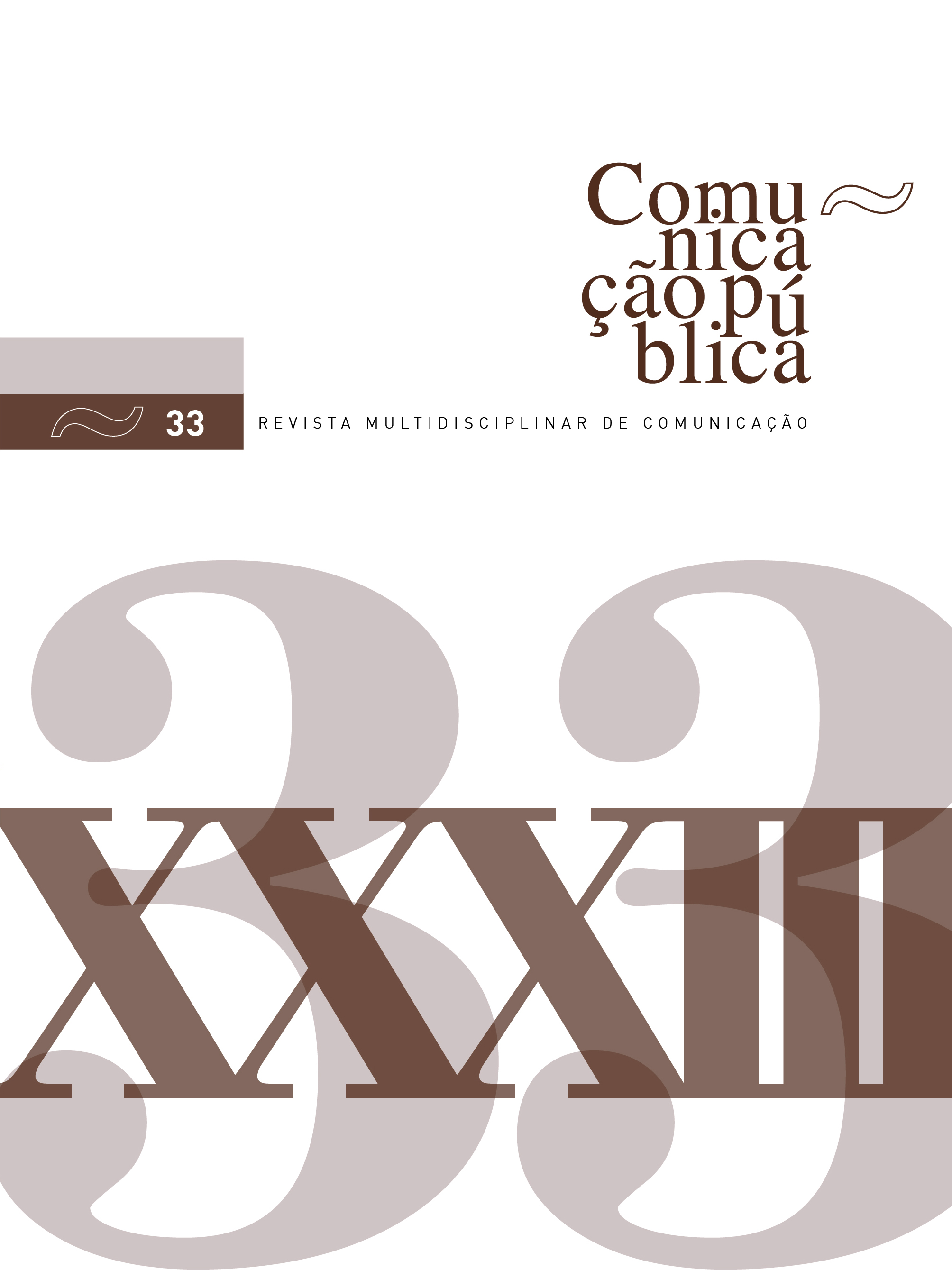Literacies, citizenship and democracy
a common path
DOI:
https://doi.org/10.34629/cpublica.720Keywords:
media literacy, public, democracy, media, disinformationAbstract
Technological development and the proliferation of digital tools and content have become elements that challenge media companies and content producers, as well as audiences, which, instigated by growing contexts of disinformation, often call into question democratic values and conscious civic participation. In recent years, the use of those platforms for the growth of populism and the reinforcement of authoritarian governments has become even more evident. In this context of threat to liberal democracy, citizenship and civic participation, the thematic dossier “Media literacy: strategies to strengthen citizenship and democracy” aims to explore, based on the investigations of a group of authors, the importance and role of media and digital literacy as a constitutive and essential element for the formation of participatory, critical, dignified and fair citizenship, as an essential value in the construction and maintenance of plural and democratic societies.
Downloads
References
Anderson, C. W., Bell, E. J. & Shirky, C. (2014). Post industrial journalism: Adapting to the present. Tow Center for Digital Journalism, Columbia University. https://doi.org/10.7916/D8N01JS7.
Bruns, A. (2007). Produsage: Towards a broader framework for user-led content creation. In B. Shneiderman (Ed.), Proceedings of 6th ACM SIGCHI Conference on Creativity and Cognition 2007, Washington DC, USA (pp. 99-105). Association for Computing Machinery.
Buckingham, D. (1999). The big picture: Mapping children`s use of old and new media. Convergence, 5(4), 121-125. https://doi.org/10.1177/135485659900500409.
Hobbs, R. (2013). Media Literacy. In D. Lemish (Ed.), The Routledge international handbook of children, adolescents and media (pp. 417-424). Routledge.
Innerarity, D. (2009). A sociedade invisível: Como observar e interpretar as transformações do mundo atual. Editorial Teorema.
Lacave, T. (2011). El lugar de la familia en el processo de recepción televisiva infantil. In P. F. Martínez (Coord.), Los niños y el negocio de la televisión: Programación, consumo y lenguage (pp. 31-65). Comunicación Social.
Lazo, C. (2005). Agentes mediadores y responsables del consumo infantil de televisión: Familia, escuela y medios de comunicación. Revista Comunicación y Hombre, 1, 19-34.
Moeller, S. D. (2009). Media literacy: Understanding the news. Center for International Media Assistance.
Rodríguez-Martelo, T. (2022). Las iniciativas de verificación y su relación con los medios en los países del sur de Europa. Razón y palabra, 25(112), 55-71. https://doi.org/10.26807/rp.v25i112.1828.
Silveira, P., Morais, R. & Dias, J. (Eds.) (2021). As gerações dos ecrãs: práticas e experiências relacionadas com o online. IADE Press. ISBN: 978-989-8473-28-8.
Schutz, A. (1974). El problema de la realidad social. Amorrortu.
Downloads
Published
Issue
Section
License
Copyright (c) 2022 Direitos do Autor (c) 2022

This work is licensed under a Creative Commons Attribution-NonCommercial 4.0 International License.
Os conteúdos da Comunicação Pública estão licenciados com uma licença Creative Commons - Atribuição-NãoComercial 4.0 Internacional.


